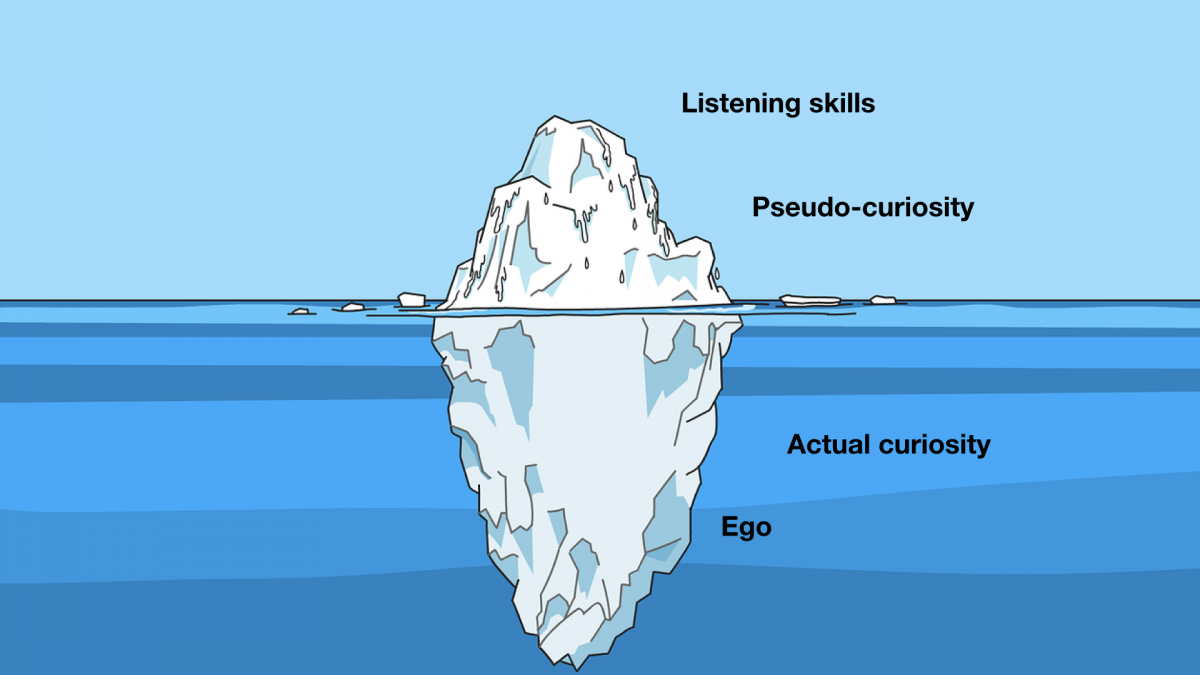Articles on Improving Relationships
Submitted by Jonathan Sibley on Sat, 09/19/2020 - 18:04

I didn't realize there was a name for it. Then, a client mentioned a variation of Occam's razor called Hanlon's razor - "Never attribute to malice that which is adequately explained by stupidity,"
Submitted by Jonathan Sibley on Sat, 09/19/2020 - 18:01

It turns out that helping couples to communicate with one another is helpful training for helping business partners and team members to improve their communication with one another! If high-conflict couples can learn how to shift the way the speak and listen to one another, so can people who work together.
Submitted by Jonathan Sibley on Sat, 09/19/2020 - 17:56

Often, clients believe (or have been told) that they need to improve their "listening skills" and ask for help on how to do that.
Submitted by Jonathan Sibley on Thu, 09/03/2015 - 13:17
Being able to swim in a swimming pool might not mean that one can swim safely in the ocean during a hurricane. Skiing easily on an intermediate slope might not mean that one can ski easily (or safely) on an icy, advanced slope. Similarly, being able to have an easy conversation about what is going well might not mean that one can effectively or safely have a difficult conversation about what is going poorly or concerns about future plans.
Submitted by Jonathan Sibley on Wed, 09/02/2015 - 13:38
So often, I hear a client report a conversation (or, at times, I witness the conversation) and what comes out sounds something like "How could you do something like that?" (please click on the links here and below to hear examples of what I'm describing)
Submitted by Jonathan Sibley on Thu, 02/09/2012 - 11:09
How often have you had a fight that felt like a tug-of-war, with each of you pulling as hard as you can for a different position? If you are like most people, fights like this don't feel good. And, not only do these fights feel particularly bad, but they also are usually quite ineffective at changing either person's mind about the issue at stake. One of the reasons this approach often fails is that each person is fighting so hard for his or her position that the other position seems like it is not being taken seriously.
Submitted by Jonathan Sibley on Wed, 12/07/2011 - 20:38
Just as the message received by your partner may not be the message you thought you were communicating, the message you think you have received may not be the message your partner intended to communicate.
Your partner may say something that leaves you feeling:
- Hurt
- Embarrassed
- Ashamed
- Angry
Your brain may react almost instantaneously, so quickly that it seems obvious that your partner must have known you would react like this and that he or she must have intended you to feel this way. Sometimes, this may be accurate.
Submitted by Jonathan Sibley on Thu, 11/10/2011 - 10:45
One of the most common sources of misunderstandings and fights in the couples I see comes from an assumption that our partner is understanding what we communicate the way we intend them to understand it. You may be familiar with a game called “telephone”, in which a message gets passed orally from one person to another – often, the message has been completely transformed by the time it reaches the last person.
Submitted by Jonathan Sibley on Tue, 10/11/2011 - 14:07
Welcome to the first installment of a new series of articles on how to improve your relationship with someone you love.
How many times have you had a fight about something and thought “Why did we fight about that? Why was it such a big deal?” Often, we wonder why something makes our partner so upset. Sometimes, we wonder why something makes us so upset.



